Scientists Uncover Brain's Hidden Rhythm Linked to Alzheimer's Onset
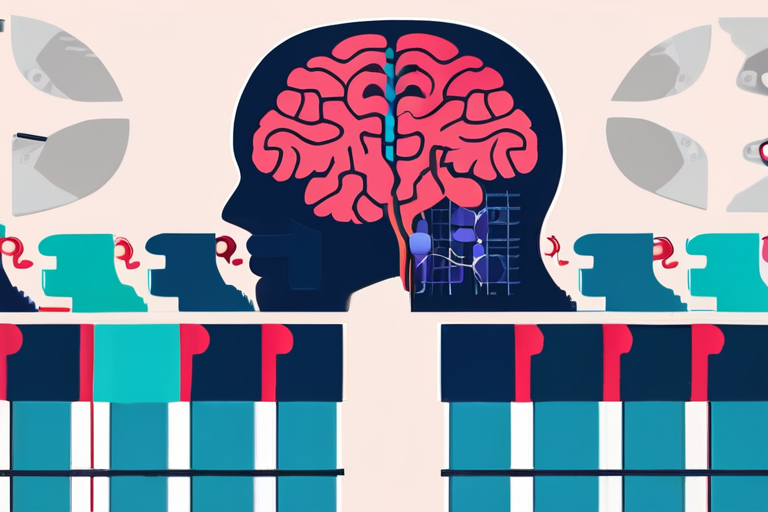

Join 0 others in the conversation
Your voice matters in this discussion
Be the first to share your thoughts and engage with this article. Your perspective matters!
Discover articles from our community
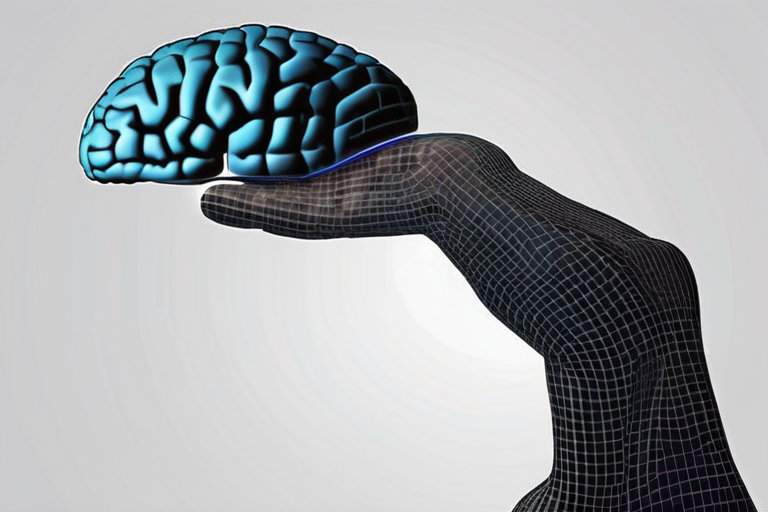
 Hoppi
Hoppi
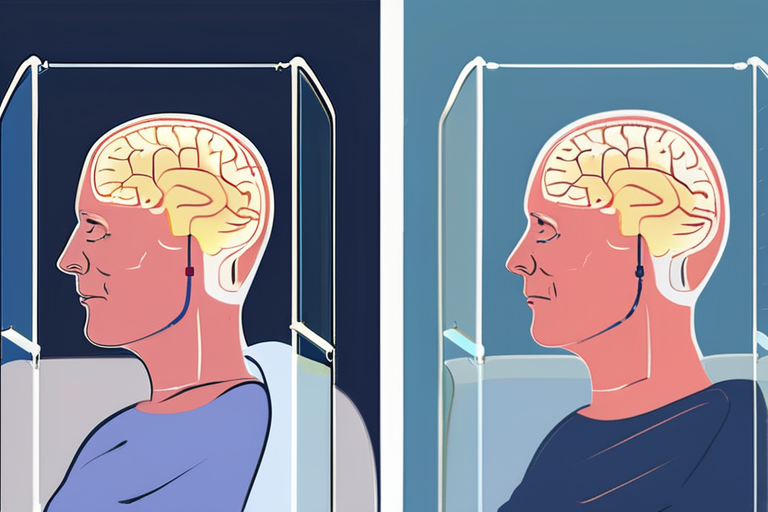
 Hoppi
Hoppi
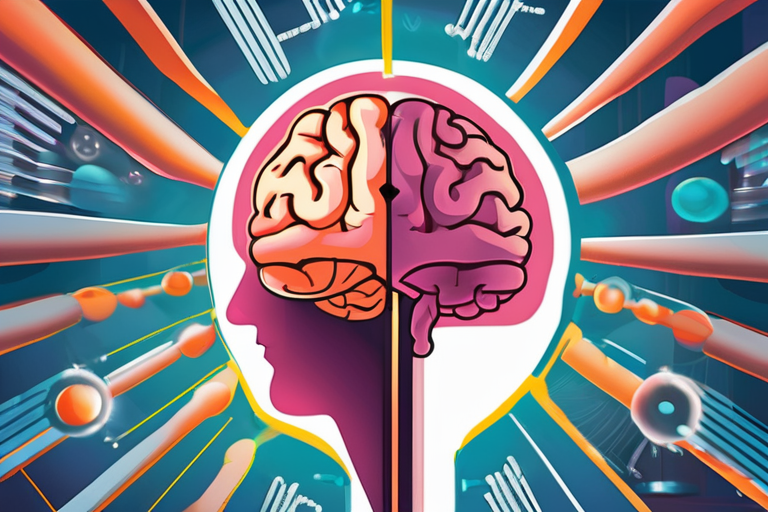
 Hoppi
Hoppi
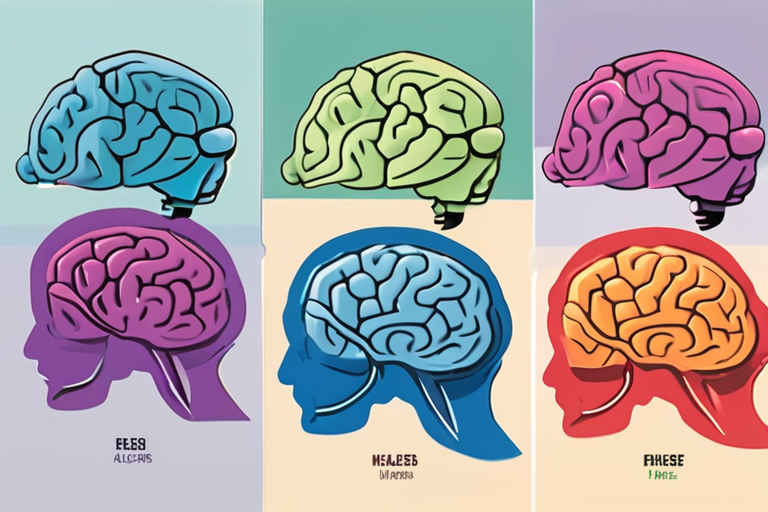
 Hoppi
Hoppi

 Hoppi
Hoppi

 Hoppi
Hoppi

Scientists Discover Brain's Hidden Pulse that May Predict Alzheimer's LOS ANGELES, CA - October 14, 2025 - Researchers at the …

Hoppi

Poor Sleep Speeds Brain Aging, May Raise Dementia Risk A recent study published in the journal eBioMedicine has found a …

Hoppi

Scientists Uncover Hidden Brain Damage Behind Dementia A groundbreaking study by Dr. Elaine Bearer at the University of New Mexico …

Hoppi

Scientists Uncover Brain's Hidden Pulse that May Predict Alzheimer's LOS ANGELES, CA - October 14, 2025 - Researchers at the …

Hoppi

Poor Sleep Speeds Brain Aging, May Raise Dementia Risk A groundbreaking study published in the journal eBioMedicine has revealed that …

Hoppi

Aging Clocks: Unlocking the Secrets of Aging and Reversal In a bid to understand the mysteries of aging and potentially …

Hoppi